
Blocked fallopian tubes and fertility rates go hand-in-hand and for a woman that is experiencing the problem, the importance of proper medical attention cannot be stressed enough. Standard infertility tests which are performed on a couple can make it nearly impossible to pinpoint the problem as being directly related to blocked fallopian tubes. If there are several other underlying factors related to fertility issues, a couple may receive a diagnosis of unexplained infertility. As the rates of IVF have improved dramatically over the past 20 years, the procedure has become the most common use to treat tubal-related infertility.
Factors that will influence the rates of success for a woman can include:
Maternal age Egg quality and quantity Tubal health Particular success rates of the clinic being usedBlocked fallopian tubes and fertility rates include the following:
Mild tubal damage 40-70% after one year. Moderate tubal damage: 20-40% after one year. Severe tubal damage: 10-25% after one year.A woman will know within two weeks of being treated for blocked fallopian tubes have been successful or not. There is a risk of 1-3% of pregnancies being ectopic and the risk of multiples due to fertility treatment is also increased. There are pros and cons with any type of medical treatment for blocked fallopian tubes, a woman or couple should discuss these things in detail prior to making a firm decision. Success rates for in-vitro fertilization for treating tubal-related infertility in women under 39 years of age is highly successful, because women of this age are less likely to have any underlying infertility issues. It is possible for a woman with blocked fallopian tubes to become pregnant, once the condition has been treated the rates are very promising, which gives hope to many that would like to have a child someday.



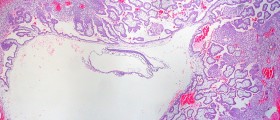


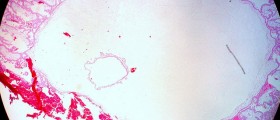


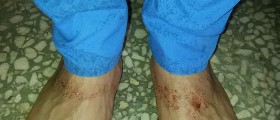

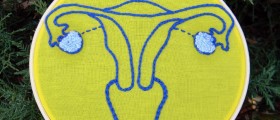



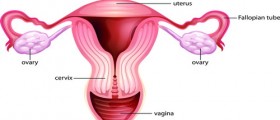

Your thoughts on this
Loading...